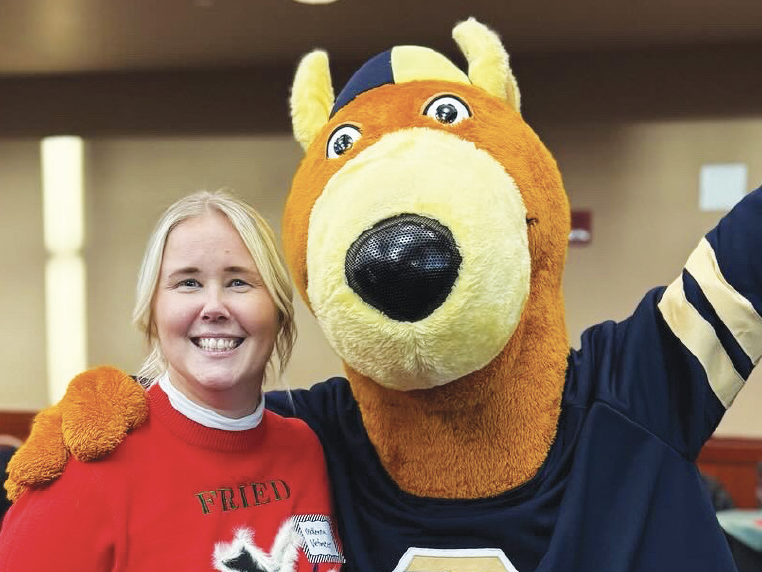Post-secondary madness
April 18, 2016
If you have stepped foot in the Polsky building this semester, you may have noticed a large group of disruptive students. I have taken the initiative to politely confront various students to get a better understanding of why they cause a scene so often. I found out that they are post-secondary students.
Here at The University of Akron, qualifying students in grades 7-12 who at any public or private school — or who are homeschooled — can enroll at the University to earn both college credits and credit for classes within their respective grades, for free. The College Credit Plus (CCP) program was created by the Ohio Legislature to allow students to take up this opportunity to save money and earn a degree faster.
Originally, I presumed that many post-secondary students held themselves to a mature level and had higher expectations than their peers — due to being submerged in a university setting.
Unfortunately, the actions of many post-secondary have proven otherwise.
I see many students eating at Chick-fil-A and leaving their trash at the table. I also see students running through the halls yelling, in a building where classes are being held and many who sit outside of them, are studying. I have seen many pushing in front of traditional students to get on the Roo Express in front of the Polsky route pick-up, not mindful of those around them. One day I actually saw a post-secondary student shove a student on crutches in order to get on the bus. I too have been shoved by students after waiting several minutes in the cold weather to find a place on the bus.
Do not get me wrong, there are many post-secondary students who hold themselves to a standard, contribute in class, and dedicate themselves to a high-esteemed atmosphere here at UA.
But these students are the exception.
I think that it is unfair that other students have to witness this behavior. I am aware that UA cannot simply choose based upon behavior which post-secondary students can be admitted or not, but I would like to see the program coordinators and advisors both at UA and the high schools speak to these students. Taking a moment to reflect and be disciplined on how to carry themselves in an environment where many pay thousands out of pocket to be here, learn, and progress.











